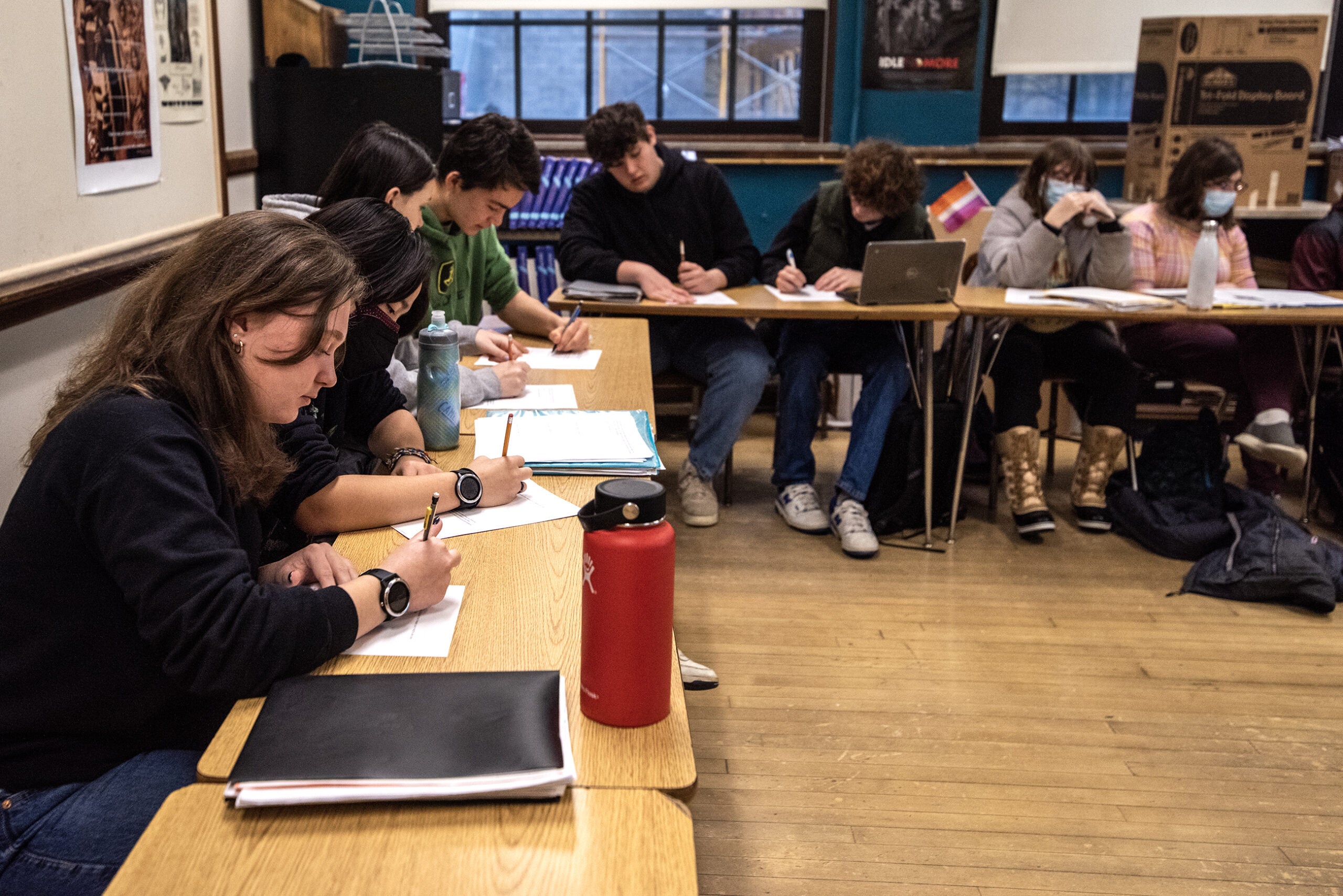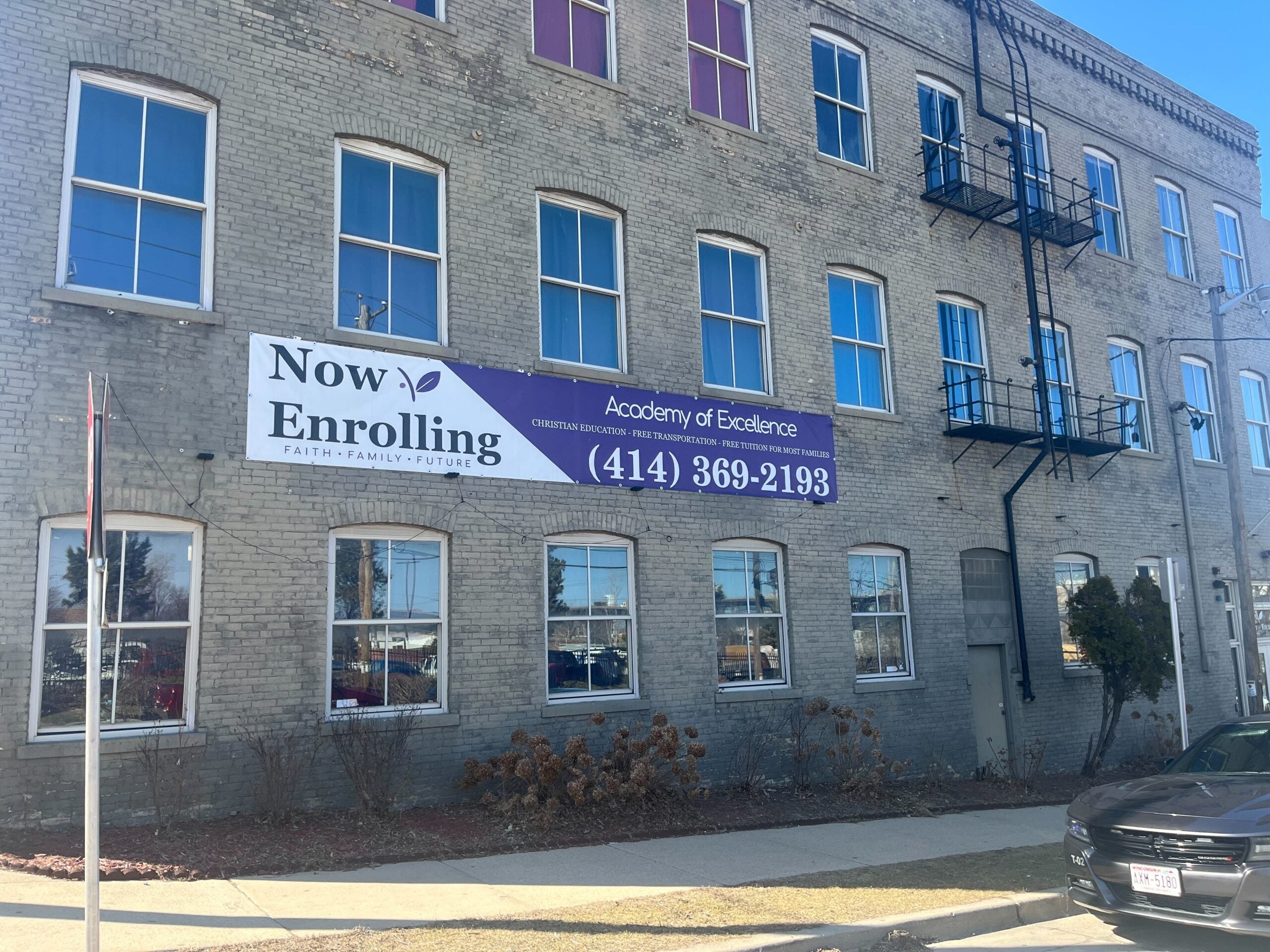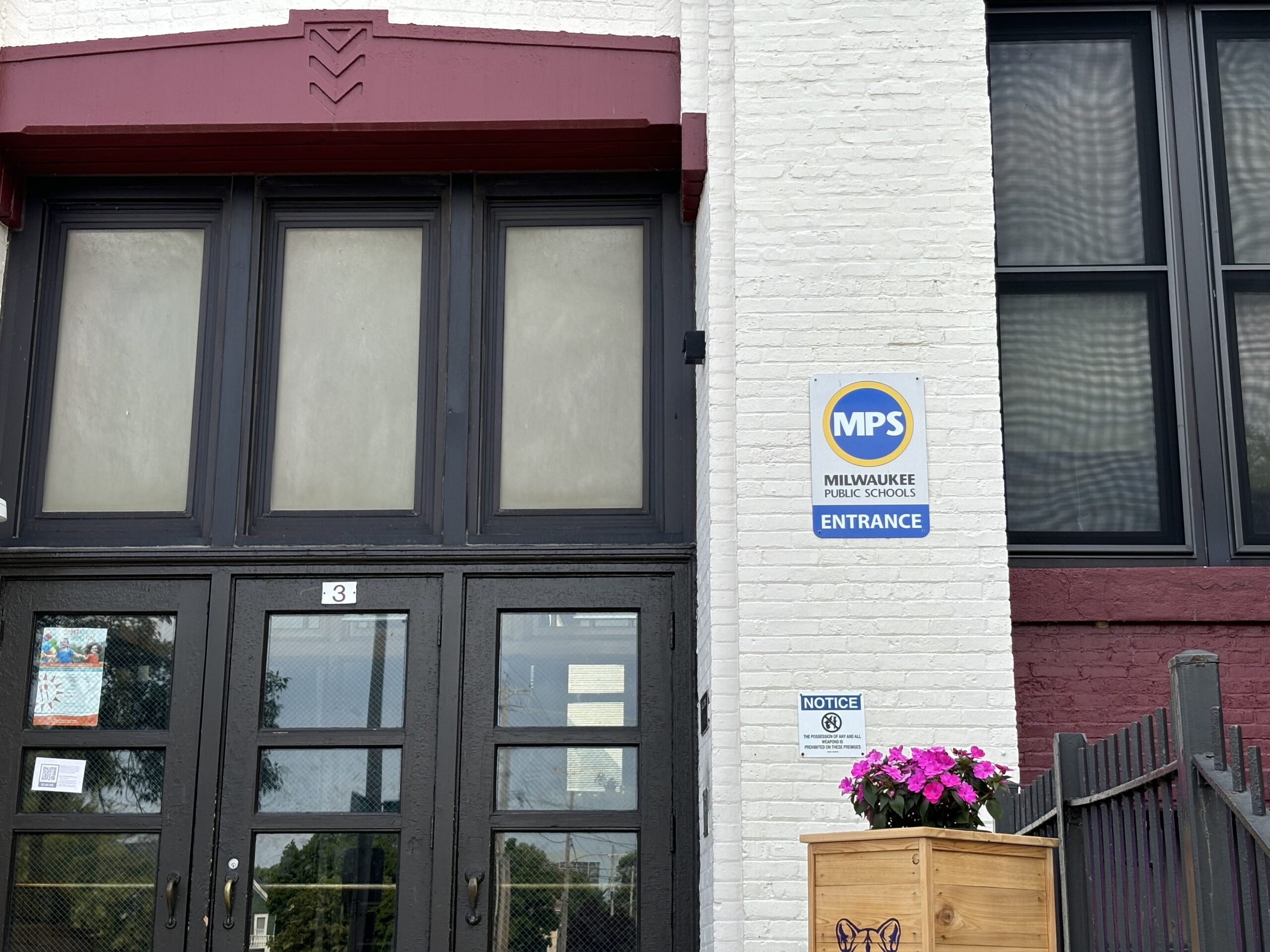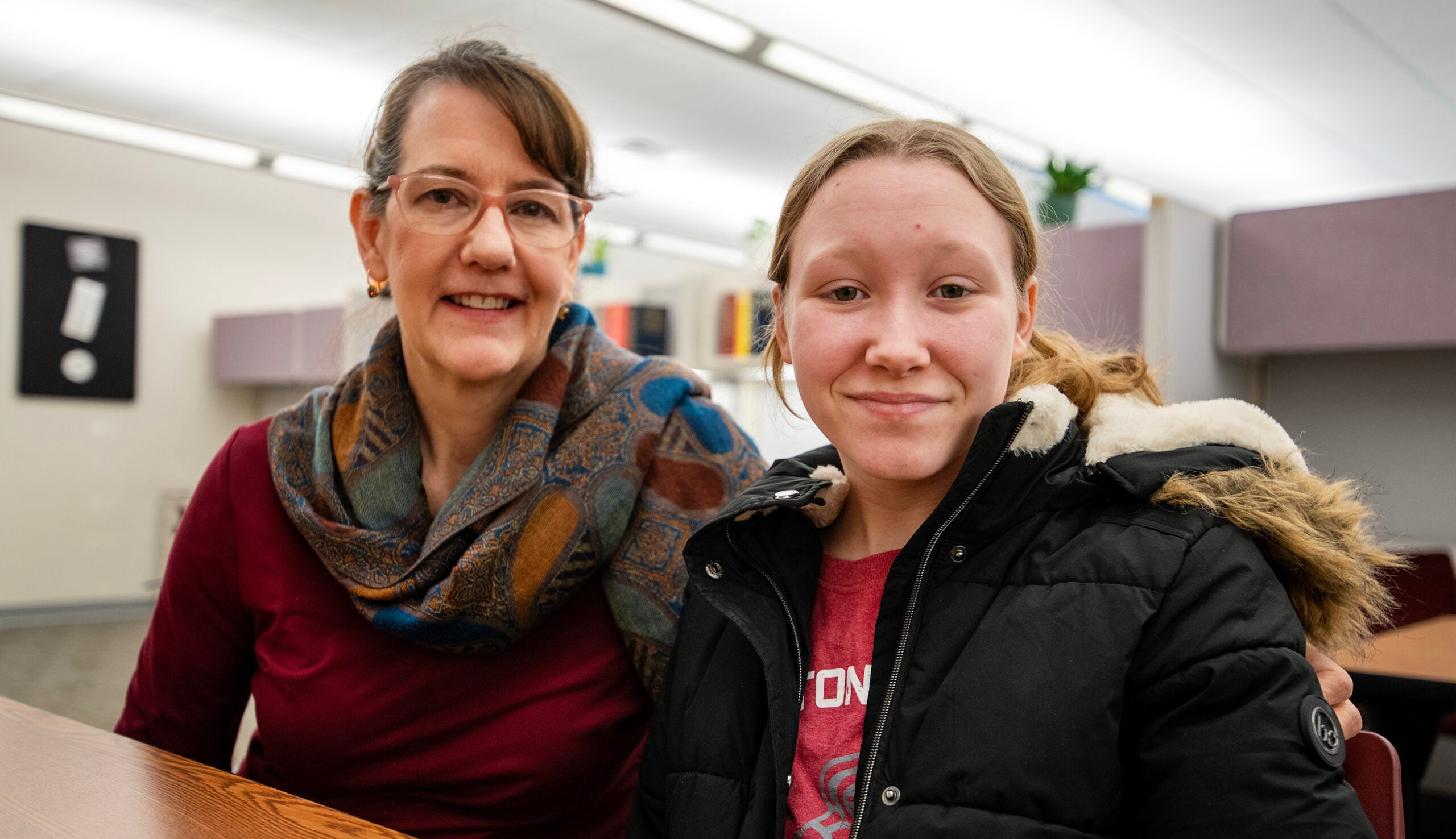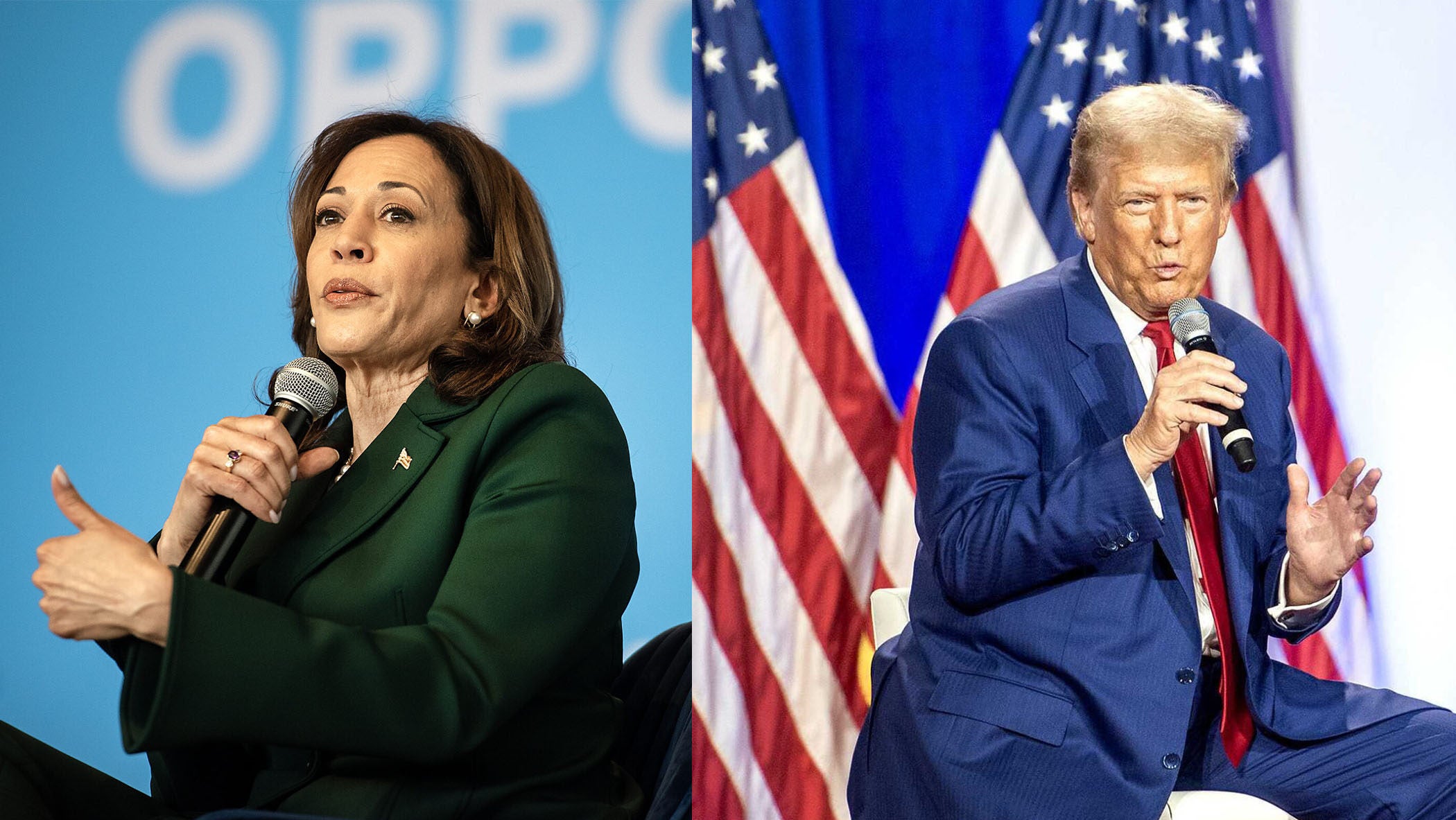Wisconsin public school students will be back in the classroom next week.
But a Marquette University Law School Poll found less than half of registered voters asked over the summer were satisfied with the public schools in their community.
That’s down from the 63 percent of people who were asked in October 2023.
Stay informed on the latest news
Sign up for WPR’s email newsletter.
Overall, those surveyed in June had the lowest levels of satisfaction with their public schools of any of the 16 Marquette Law School Poll surveys that asked Wisconsin adults that question going back to 2012.
Charles Franklin, director of the Marquette Law School Poll, said the rise in dissatisfaction can be seen across all regions of the state, but was especially high in the city of Milwaukee.
In Milwaukee, more than three-quarters of respondents reported being “dissatisfied.”
This could be because the survey was taken at a time when Milwaukee Public Schools was facing financial scandal.
In May, it was revealed that MPS had failed to file audits with the state Department of Public Instruction, leading to the loss of millions of dollars and the resignation of former Superintendent Keith Posley. Gov. Tony Evers has since called for operational and instructional audits of the school district.
In the latest poll, only 2 percent of Milwaukee residents surveyed said they were “very satisfied” with public schools. Twenty percent said they were “satisfied,” 41 percent were “dissatisfied” and 37 percent were “very dissatisfied.”
Dissatisfaction with Milwaukee Public Schools has been consistently higher than other parts of the state.
In the October 2023 survey, 3 percent of Milwaukee residents said they were “very satisfied,” 44 percent said they were “satisfied,” 36 percent were “dissatisfied” and 17 percent were “very dissatisfied.”
“Because of the timing of the news developments in MPS, that may have pushed down satisfaction with the schools to an unusual degree,” Franklin said. “But those ongoing problems with the city schools are sort of elevating the public visibility of funding schools and administering schools and overseeing them, and I think that is not likely to go away anytime soon.”
In other parts of Wisconsin, including the rest of the Milwaukee metropolitan area, the Madison area and the Green Bay area, between 51 percent and 56 percent expressed satisfaction.
Between 8 and 10 percent of voters said they were “very satisfied.”
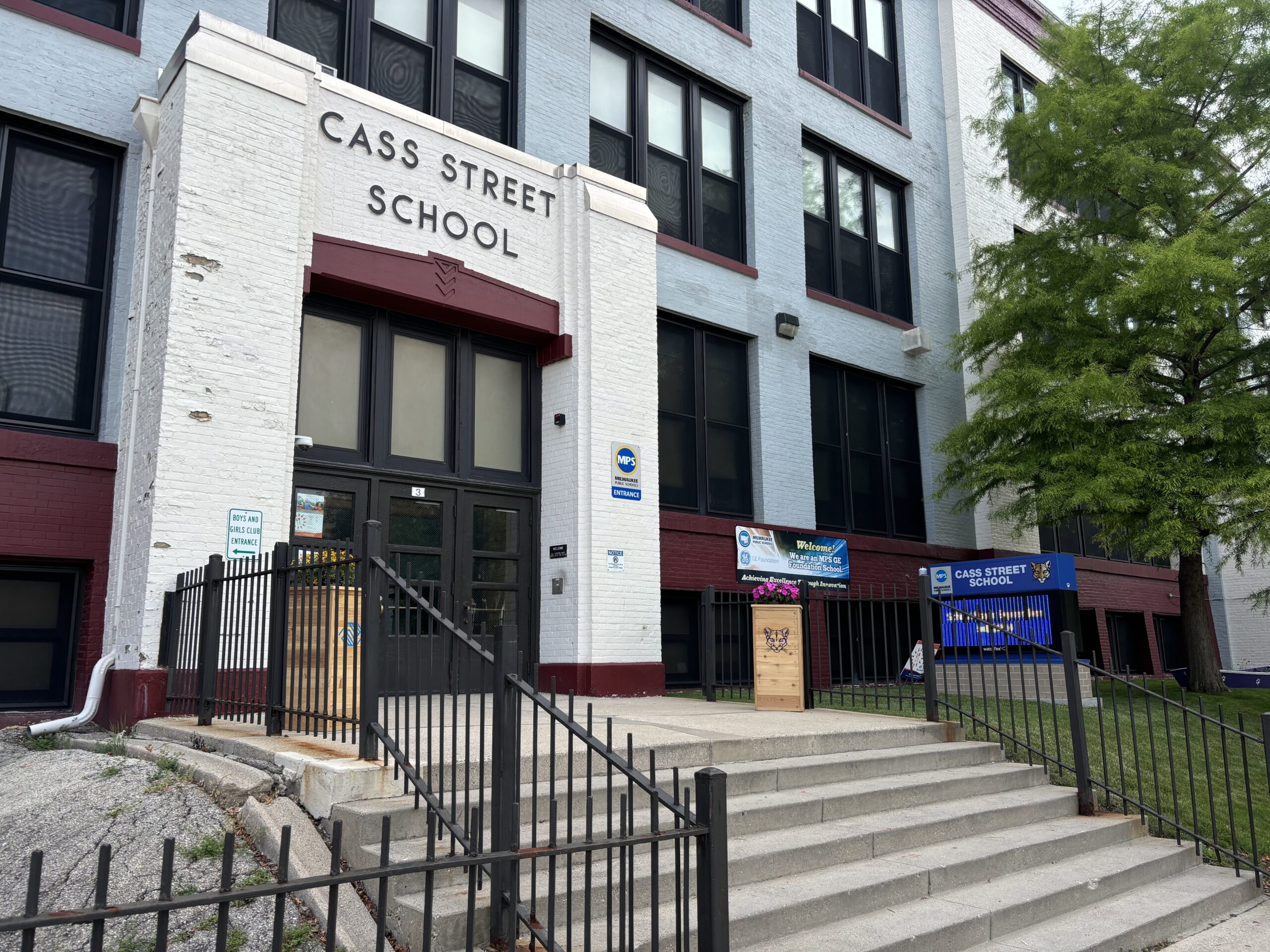
Republicans more critical of public schools since Walker administration
June polling showed a large difference in the satisfaction between Wisconsinites who identified as Republicans and those who identified as Democrats.
Among Democrats, 74 percent said they were “very satisfied” or “satisfied” with their community’s public schools, while 26 percent were “dissatisfied” or “very dissatisfied.” Among Republicans in Wisconsin, 37 percent were “very satisfied” or “satisfied” while 63 percent were “dissatisfied” or “very dissatisfied.”
Only 5 percent of Democrats were “very dissatisfied” compared to 31 percent of Republicans.
Franklin said the partisan gap in school satisfaction was modest in 2012 to 2020, but widened from 2021 to this year, which was the largest gap he has seen.
He points to former Gov. Scott Walker’s criticism of public schools and teachers’ unions and the Republican party’s messaging that has followed.
“Republicans have been clearly more critical of public schools, and Republican voters mirror that attitude,” Franklin said. “Democrats are the opposite. The party is still strongly allied with teachers unions and public education. You see democratic respondents mirroring that.”
Franklin said he believes how people answered has less to do with the schools their children attend or their direct connection to their neighborhood school and more to do with partisan messaging.
“People may not fully appreciate that less than 30 percent of the population has school age children at any given time,” Franklin said. “We found very small differences between people with school age kids now versus people without school age kids.”
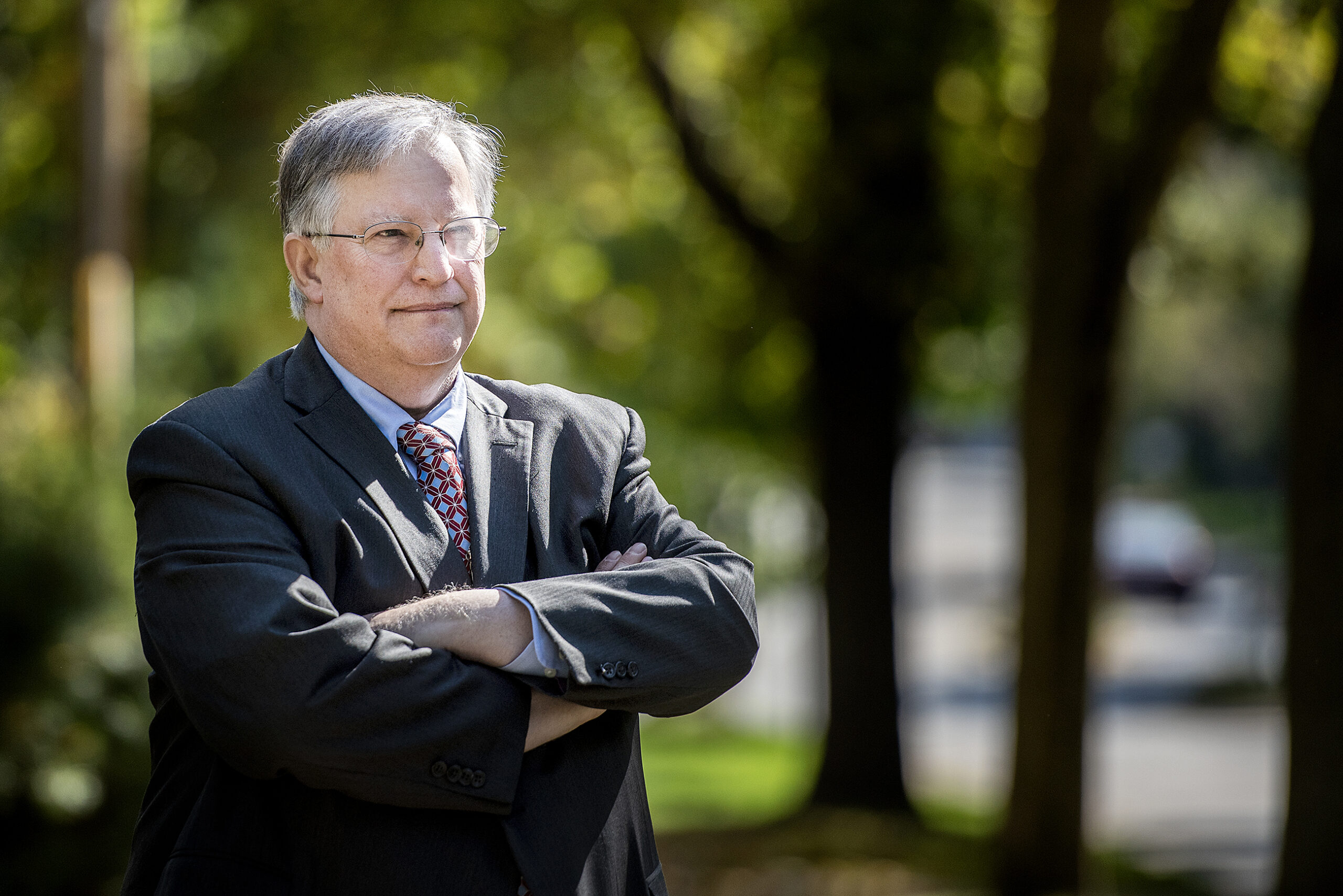
Partisanship could affect future funding for schools
For years, Franklin has also asked Wisconsin voters how they feel about funding public schools.
Shortly after Walker’s collective bargaining bill Act 10 was passed in 2011, the Marquette Poll asked: “Which is more important to you: reduce property taxes or increase spending on public schools?”
Initially the responses were about even. But by about 2015, more respondents were saying they wanted to see more funding for public schools.
“Beginning in 2018, funding for public schools has slowly declined, and has now fallen to the point where we are essentially where we were in 2012,” Franklin said. “Slightly more people are saying they would rather have reduced property taxes than increased funding in public schools.”
Quinton Klabon, research director for the conservative Institute for Reforming Government, said the poll showing even a quarter of Democrats aren’t satisfied with public schools tells leaders they have to address problems in education.
“I think all sides agree that there’s a lot of improvement that we can do to make schools what they need to be for kids,” Klabon said.
The poll asked what four major educational policy developments in recent years were successful. The following were mentioned:
Phonics-based reading instruction
- 60 percent thought it was very successful or successful;
- 9 percent thought it was mostly a failure or a total failure;
- 31 percent said they did not know.
School choice
- 50 percent said it was a complete success or mostly a success;
- 25 percent said it was mostly a failure or a total failure;
- 24 percent said they did not know.
Federal legislation known as Title IX
- 60 percent said total success or mostly success;
- 14 percent said it was mostly a failure;
- 25 percent didn’t know.
Special education:
- 57 percent said it was a success;
- 16 percent said it was a failure;
- 26 percent didn’t know.
Wisconsin Public Radio, © Copyright 2025, Board of Regents of the University of Wisconsin System and Wisconsin Educational Communications Board.
